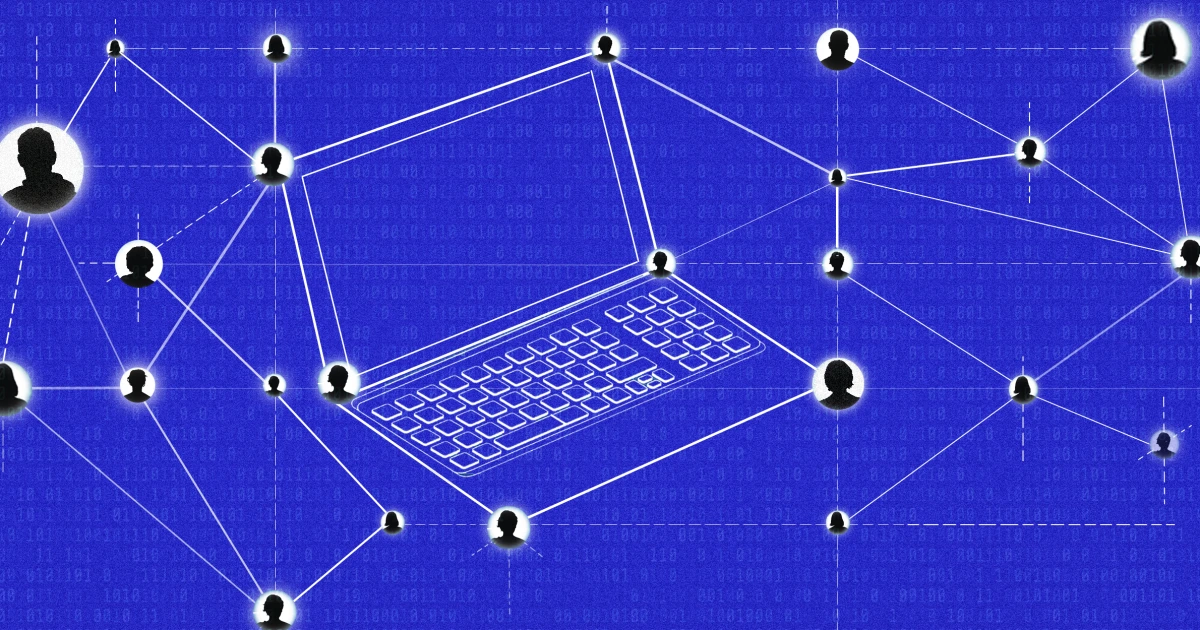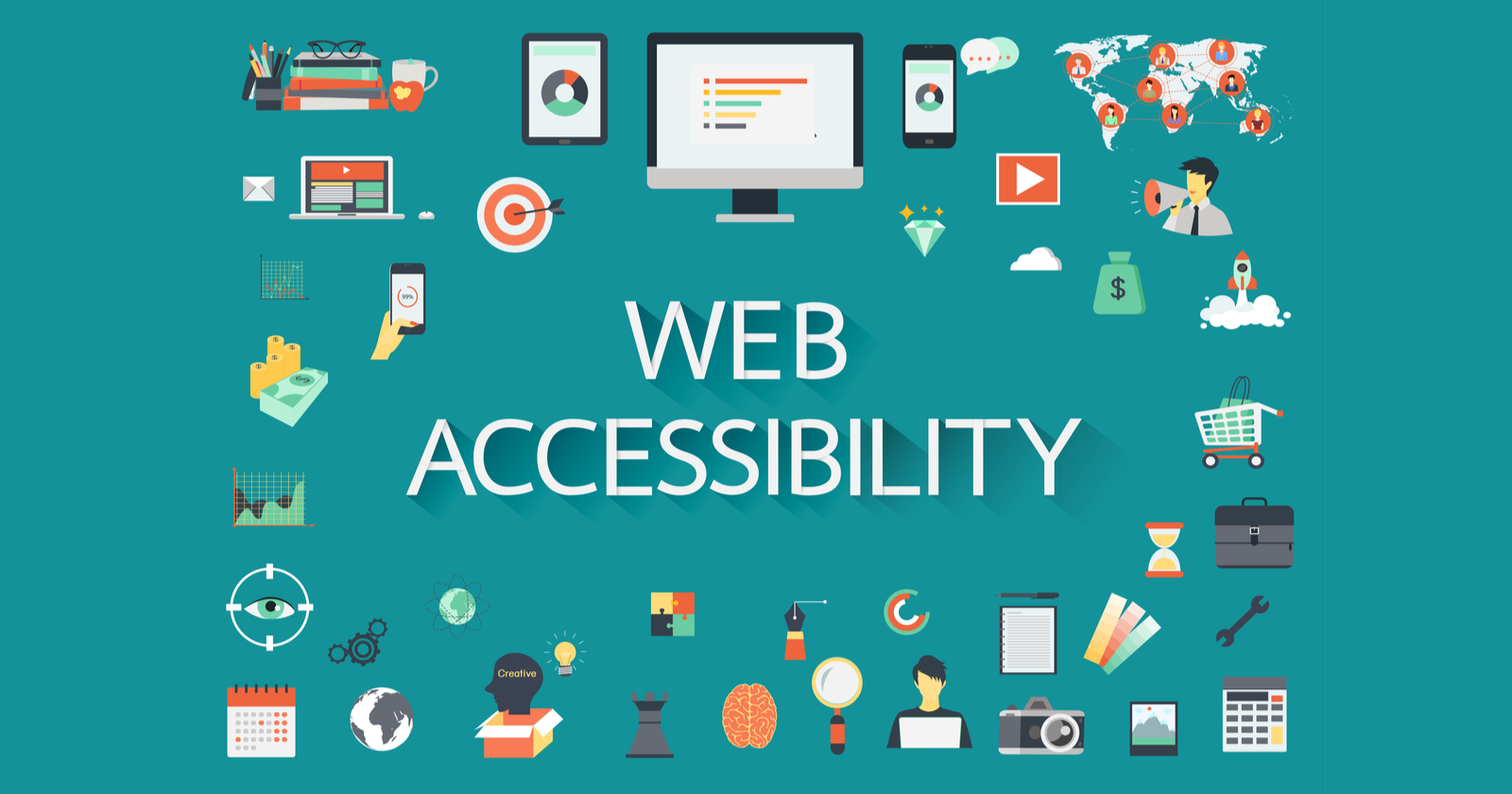The internet as we know it is undergoing a major transformation, with decentralization emerging as a powerful movement toward greater online freedom. As someone who has studied digital trends and innovations closely, I can say that decentralized technologies like blockchain, peer-to-peer networks, and Web3 platforms are reshaping how information is shared and controlled. Unlike traditional systems dominated by a few major corporations, a decentralized internet empowers users by reducing censorship risks and giving individuals greater control over their own data.
Building expertise in decentralized technologies is crucial for anyone interested in the future of online interactions. By understanding concepts like decentralized hosting, cryptocurrencies, and smart contracts, users and businesses can better prepare for a more open and transparent digital landscape. From my research and hands-on experience with emerging Web3 tools, I’ve seen how decentralization promotes innovation, strengthens privacy, and builds more resilient online communities. Knowledgeable adoption of these technologies establishes credibility and positions you ahead in the evolving digital economy.
As decentralization gains momentum, it will inevitably challenge traditional notions of trust, authority, and regulation on the internet. Embracing these changes thoughtfully—while staying informed through credible sources—is key to navigating this new era.





